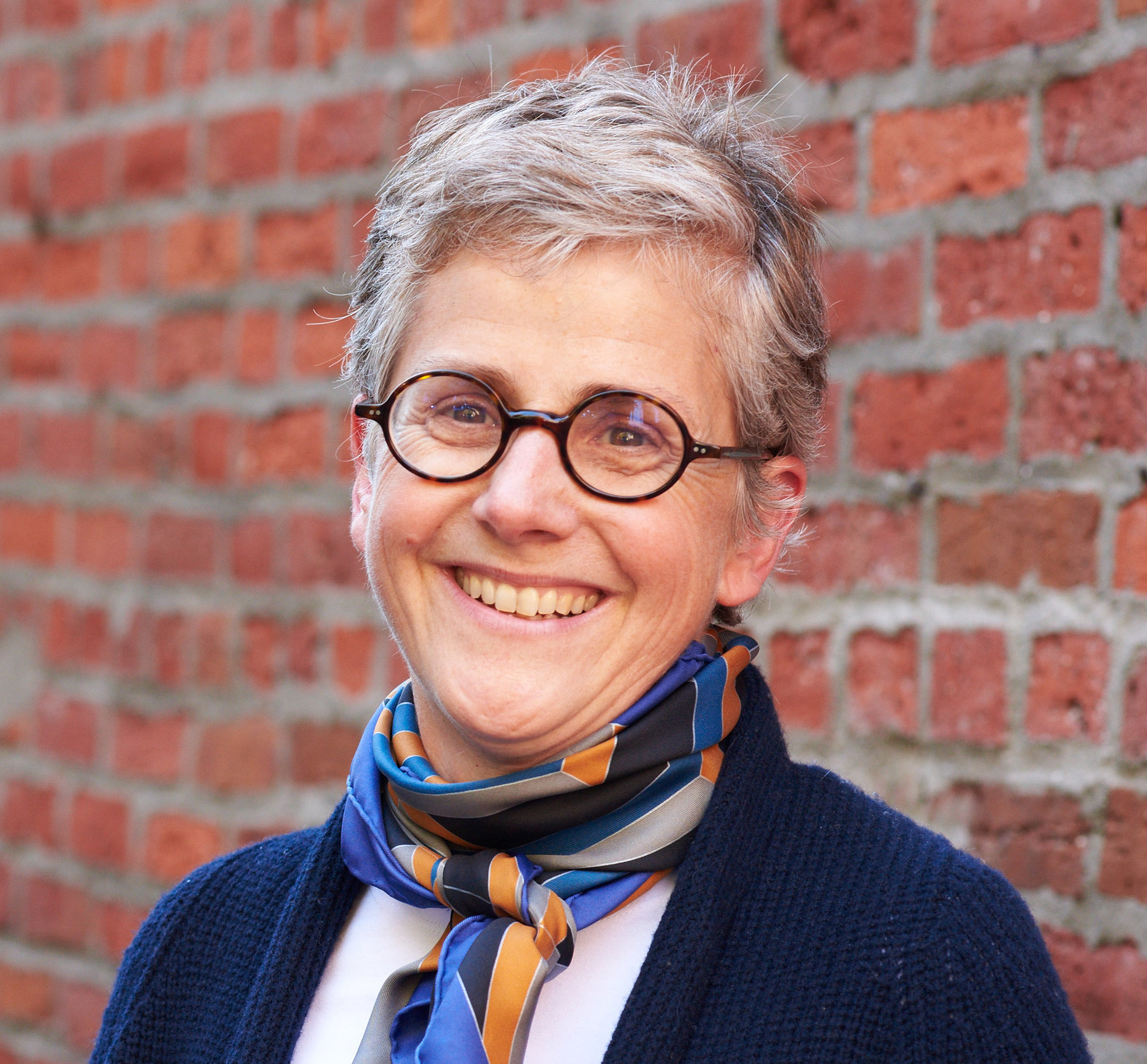The Stewardship for Us team has been working on ways to make our stewardship more inclusive. We’ve thought of three simple ideas for making your Annual Budget Drive more inclusive:
- Build a more diverse stewardship team. Be sure that you include people on your team who represent a diverse population. We particularly recommend including people from differing economic circumstances and including people with limited financial means to ensure that every perspective is heard.
- Collaborate with the congregation. Early in the budget process, include a collaborative process; include the Board in the planning. This could be community building through a large gathering over lunch with facilitated table conversations, to discuss your mission related goals for the coming year or more. This is a way to enlist and engage the full congregation in setting the theme and goals for your annual stewardship.
- Give broad guidance about giving. Consider the giving guide you are using. Does this speak to your congregation and your needs. Many congregations have used different ways to guide people. If you use the traditional giving guide, be sure to include a sheet that shares ways to figure out how much is the “base” income for the percentage gift. This should allow for many varying circumstances.
Stewardship for Us held a Wednesday Wisdom session discussing these ideas and more in September of 2022. If you would like a recording of the session, just reach out to us!
We’d love to hear your ideas for ways to make stewardship more inclusive – please feel free to share in the comments!

Rachel brings communities together to finance the things they value most. She is committed to stewarding our Unitarian Universalist communities toward healthy relationships with money and value. Her TEDx talk focuses on how we might create value together. She also co-founded and lead an innovative crowd-sourced lending platform, Community Sourced Capital. Reach Rachel at Team@Stewardshipforus.com


Would like to know how others are talking about stewardship to those in their congregation who are on severely limited incomes, i.e. disability, only social security, etc.
I find “age inclusive” to be one of the biggest challenges. We need RE parents and “medium aged adults” to think of themselves as on the path to more significant support. Our oldest adults carry the load – gladly it seems to me – but obviously that has its time limits.